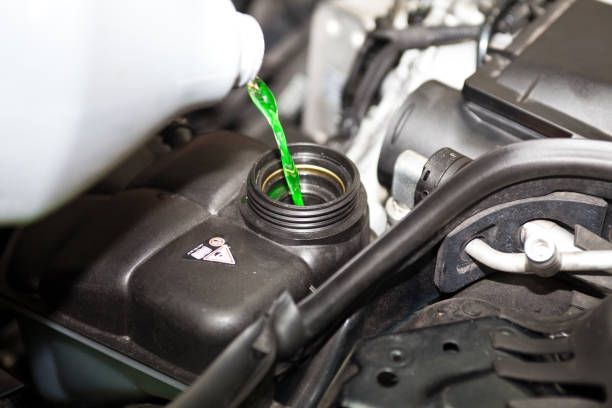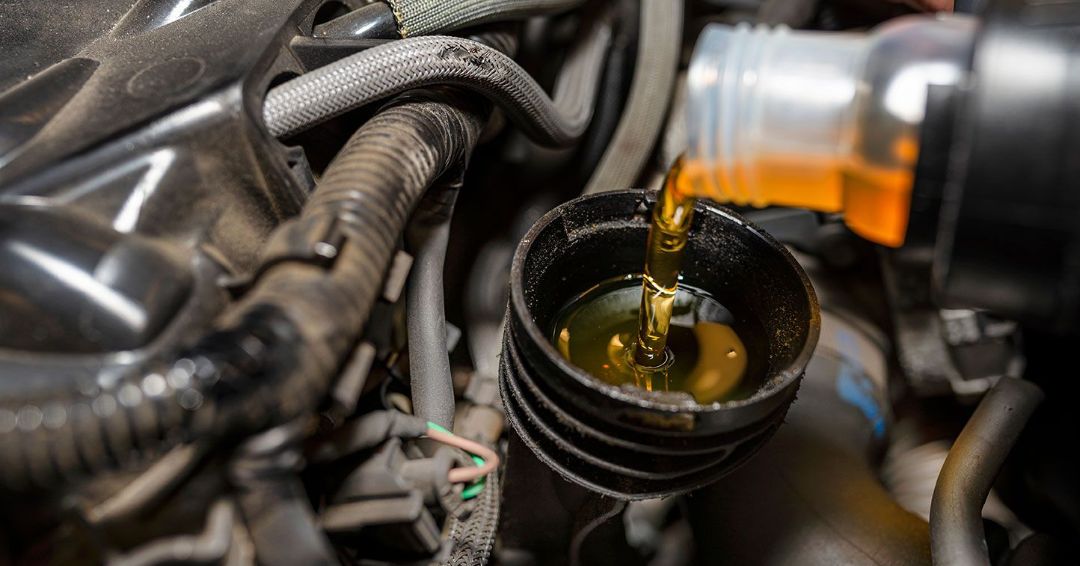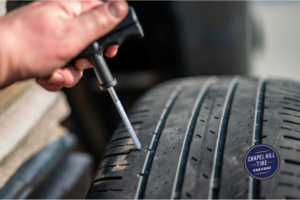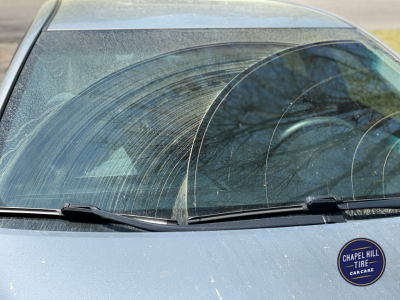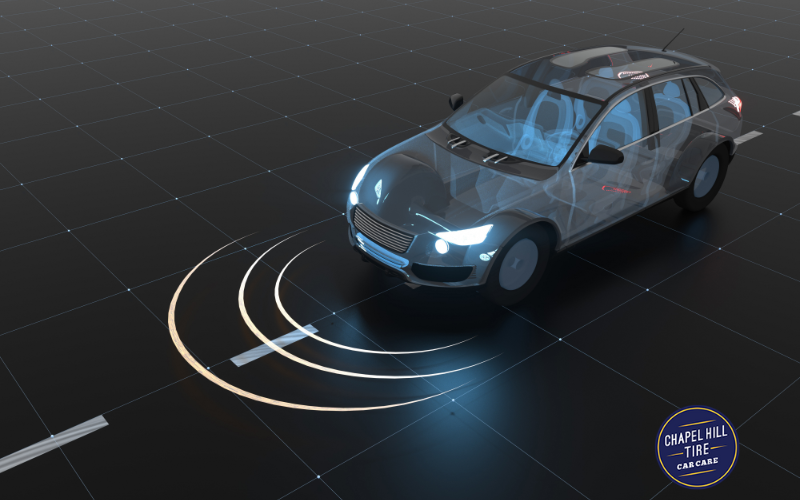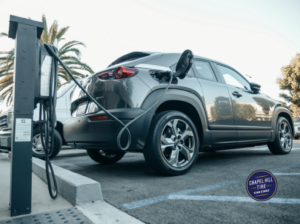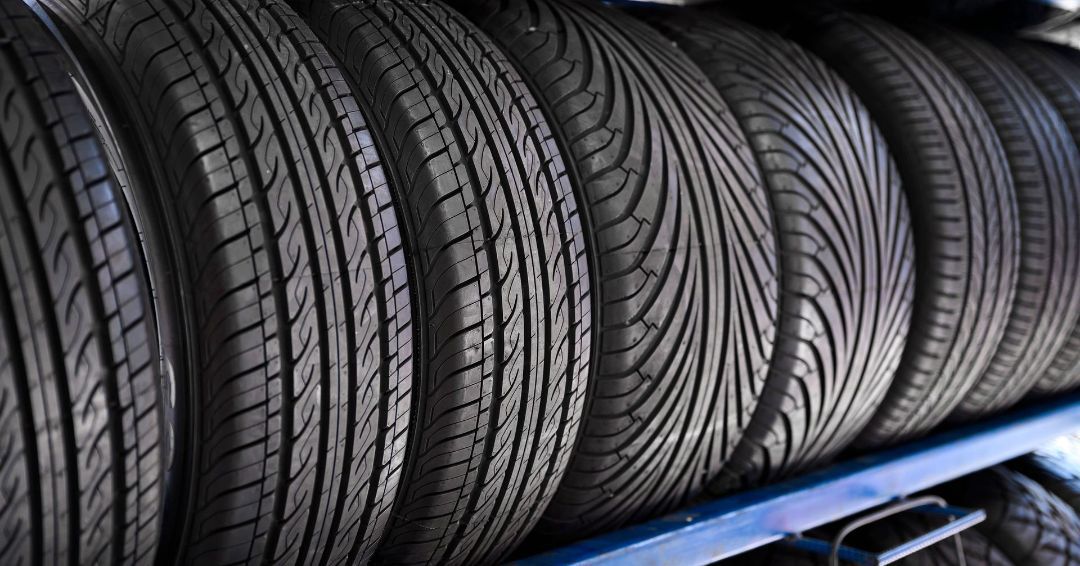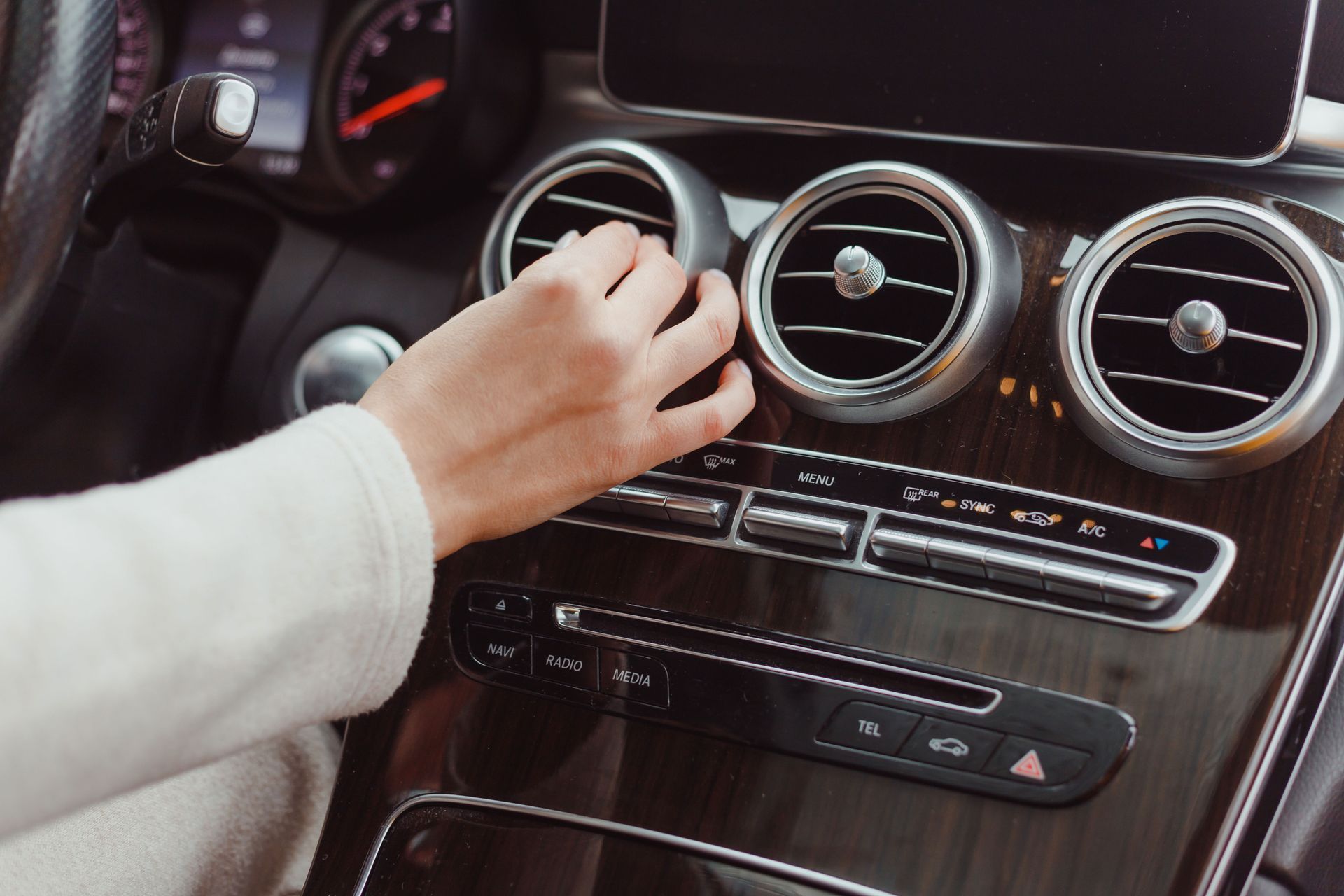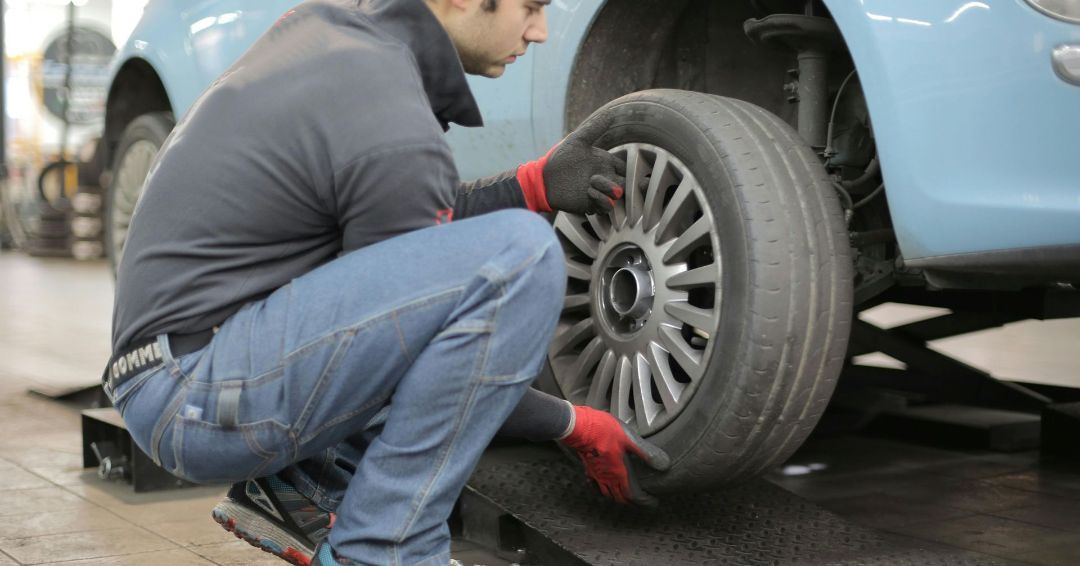How to Buy New Tires for Your Vehicle
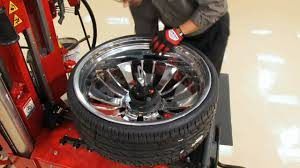
When it comes to the performance, safety, and aesthetics of your car, one often-overlooked but crucial component is the wheel. Car wheels serve not only as the foundation for movement but also play a significant role in handling, fuel efficiency, and overall driving experience. In this blog, we’ll dive deep into everything you need to know about car wheels, from their construction to how to choose the best ones for your vehicle.
1. Understanding Car Wheels: Components and Materials
Car wheels are made up of several key components:
- Rim: This is the outer edge of the wheel, where the tire is mounted. The diameter of the rim is crucial for matching it with the appropriate tire size.
- Hub: The central part of the wheel that attaches to the car’s axle.
- Spokes: These connect the hub to the outer rim. The number and design of spokes can vary greatly depending on the style and strength requirements.
- Center Bore: The hole in the middle of the wheel that fits onto the car’s axle hub.
Materials: Modern car wheels are typically made from one of two materials:
- Steel: Known for durability and cost-effectiveness, steel wheels are heavier, which can slightly impact fuel efficiency.
- Alloy: Usually made from aluminum or magnesium, alloy wheels are lighter, offering better performance and fuel efficiency, and are more customizable in terms of design.
2. Types of Car Wheels
There are various types of car wheels, each designed for different driving conditions and vehicle types:
- Steel Wheels: Durable and affordable, these wheels are common on economy cars or vehicles used in harsh conditions. They are often favored for winter driving due to their strength but lack aesthetic appeal.
- Alloy Wheels: Lightweight and highly customizable, alloy wheels are popular for their balance of style and performance. They come in a variety of finishes, including polished, painted, and machined, making them an ideal choice for those looking to enhance the look of their vehicle.
- Chrome Wheels: These are a subset of alloy wheels with a chrome coating for a shiny, reflective finish. While stylish, they are more prone to corrosion and require regular maintenance.
- Forged Wheels: Made from a single block of aluminum, forged wheels are extremely strong and lightweight, perfect for high-performance cars or sports enthusiasts.
- Multi-piece Wheels: These wheels are constructed from separate parts (rim and spokes) bolted together, offering flexibility in terms of design and customization.
3. How Wheels Affect Performance
Car wheels play a crucial role in a vehicle’s overall performance, influencing everything from acceleration to fuel consumption. Here’s how:
- Weight: The lighter the wheel, the less effort the car’s engine requires to rotate it. This leads to better acceleration and improved fuel efficiency. Alloy wheels, being lighter than steel, provide an edge in performance-oriented vehicles.
- Handling: Wider wheels provide better grip and improve handling, especially on sports cars. However, wider wheels can also increase road noise and reduce fuel efficiency due to greater rolling resistance.
- Braking: Wheels that allow better airflow to the brakes can help improve braking performance. This is why many performance cars use wheels with open designs that facilitate better cooling of the brakes.
4. Choosing the Right Wheel Size
Choosing the right wheel size is important for maintaining proper handling, safety, and ride comfort. Here are the key factors to consider:
- Plus-Sizing: Many car enthusiasts opt for larger wheels, a practice known as "plus-sizing." Larger wheels can enhance the aesthetic appeal of your car and improve cornering performance by reducing sidewall flex. However, they may lead to a harsher ride, reduced fuel efficiency, and even speedometer inaccuracies if the overall tire diameter changes.
- Offset: This refers to how far the wheel’s mounting surface is from the centerline of the wheel. A positive offset pushes the wheel inwards, while a negative offset pushes it outwards. Getting the right offset ensures that your wheels don’t rub against the suspension or fenders.
- Diameter and Width: Your car’s manufacturer specifies the recommended wheel diameter and width for optimal performance and safety. Sticking within these specifications is crucial to avoid compromising the car's suspension system and handling.
5. Common Wheel Issues and Maintenance
Wheels undergo a lot of stress, especially in harsh driving conditions. Here are some common issues and maintenance tips to keep in mind:
- Bent Wheels: Hitting potholes or curbs can cause wheels to bend, leading to vibrations while driving. Bent wheels should be repaired or replaced promptly to avoid further damage to tires and suspension components.
- Wheel Balancing: Over time, wheels can become unbalanced, causing uneven tire wear and vibrations at high speeds. Regular wheel balancing during tire changes or rotations ensures a smooth ride.
- Corrosion: Alloy wheels are susceptible to corrosion, especially in salty environments. Regular cleaning and the application of protective coatings can extend their lifespan.
6. Style and Customization
Wheels are often chosen for their aesthetic appeal, with many drivers opting to customize their wheels to match their personal style. Whether it’s sleek black rims for a stealthy look or chrome for a flashier finish, there are countless options available. Many aftermarket wheel brands offer a wide array of designs, colors, and finishes, allowing drivers to tailor the appearance of their vehicles.
Conclusion
Car wheels are more than just functional parts; they have a significant impact on your vehicle’s performance, safety, and appearance. Whether you’re looking to improve your car’s handling, increase fuel efficiency, or make a statement on the road, selecting the right wheels is key. By understanding the different types, materials, and performance factors, you can make an informed decision that enhances both your driving experience and your car’s style.
Ready to upgrade your wheels? Let us know what style you’re thinking of, and we’ll help you roll in the right direction!
We’ve got all your automotive repair needs covered.
